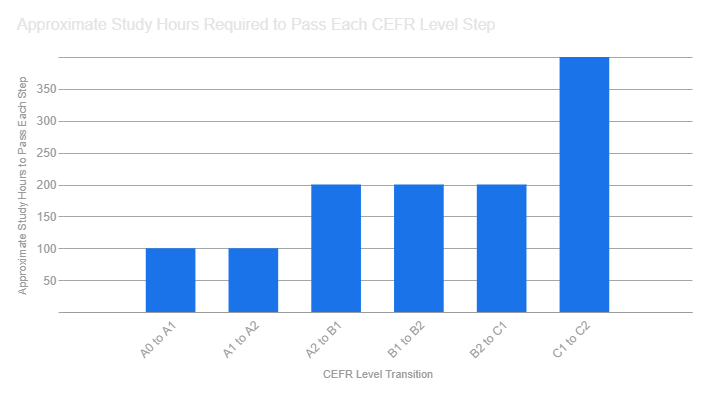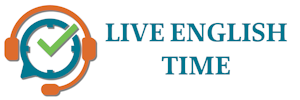
The Common European Framework of Reference for Languages (CEFR) provides a widely recognized system for describing language proficiency, ranging from A1 (Beginner) to C2 (Mastery). While it offers clear descriptors of what a learner can do at each level, a common question among language enthusiasts is: how much study and lecture time does it actually take to progress from one CEFR level to the next?
There’s no single, universally agreed-upon answer, as individual factors play a significant role. However, general guidelines and research from institutions like Cambridge English offer approximate figures for “guided learning hours“, which include both classroom instruction and supervised study.
The General Rule of Thumb: 200 Hours Per Level
A widely cited estimate suggests that it takes approximately 200 guided learning hours to advance from one CEFR level to the next. This means if you’re aiming to go from A2 to B1, you’re looking at around 200 hours of dedicated effort.
Cumulative Hours from Beginner (A0)
It’s also helpful to look at the cumulative hours needed to reach a certain level from a complete beginner (A0) starting point:
It’s worth noting that as you move up the CEFR ladder, the number of hours required to progress to the next level can sometimes increase. The leap from C1 to C2, for instance, often demands more intensive and nuanced study.
Factors Influencing Your Progress:
While these figures provide a useful benchmark, your actual time to proficiency can vary significantly due to:
Your Language Learning Background:
Prior experience with other languages, especially those similar to the target language, can accelerate your progress.
Intensity of Study:
Consistent, focused study sessions are more effective than sporadic, long ones. Daily exposure and practice are key.
Age:
Younger learners often acquire languages more quickly, though adults can certainly achieve high levels of proficiency with dedication.
Exposure Outside of Lessons:
The more you immerse yourself in the language through reading, listening (music, podcasts, TV), speaking with native speakers, and using it in real-life situations, the faster you’ll progress.
Motivation and Learning Style:
Your personal drive and how well your study methods align with your learning style will greatly impact your efficiency.
Quality of Instruction:
Effective teaching and relevant materials can make a substantial difference.
In conclusion, while an approximate 200 hours of guided learning is a good baseline for advancing one CEFR level, remember that language learning is a personal journey. By understanding these guidelines and optimizing your study habits, you can effectively plan your path to achieving your desired CEFR proficiency.









